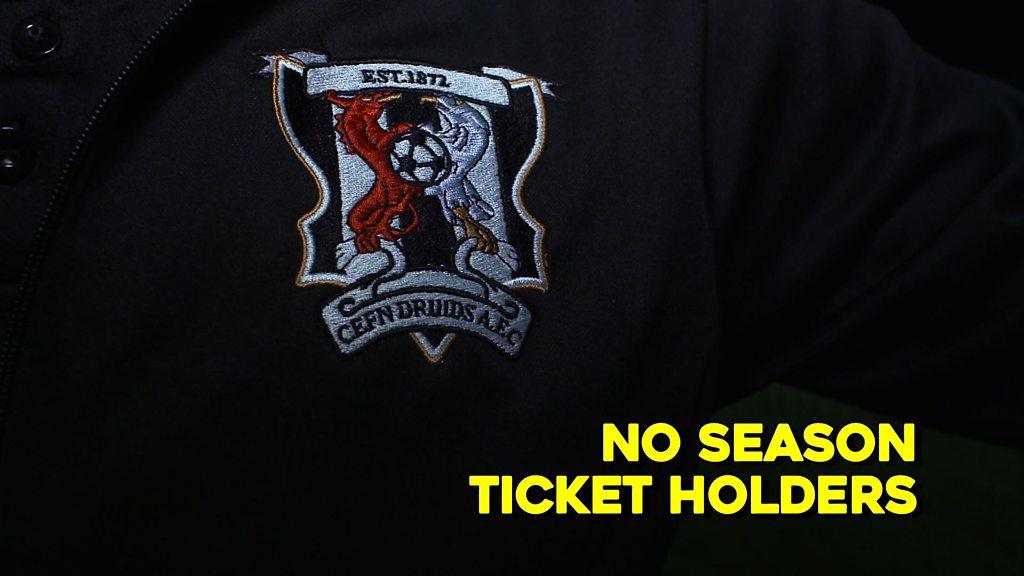Swansea City: Poor on the pitch, in turmoil off it - what's going wrong?
- Published
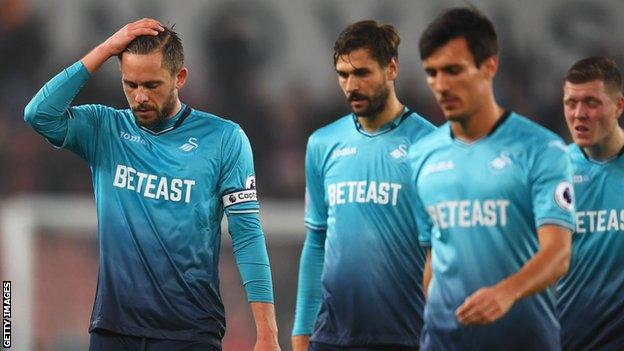
Swansea players leave the field dejected after their 3-1 defeat at Stoke in October. The team has just one Premier League win so far this season.
Swansea City have spent the last decade on the up, but their rise from the brink of extinction to Premier League prosperity has faltered of late.
Their ascent once seemed irrepressible - a team playing attractive football, backed by a board comprised of primarily local businessmen and, uniquely in the top flight, a fans' representative.
The Swans were lauded as the antithesis of modern football's greed, an antidote to a sport riddled with knee-jerk reactions and short-term thinking.
Now, however, they are just another club in a relegation scrap.
In the midst of their worst run of form since promotion to the Premier League in 2011 and with hostility mounting off the pitch following an American takeover in the summer, the club is at its lowest ebb for years.
So what is going wrong at Swansea?
Stagnating on the pitch
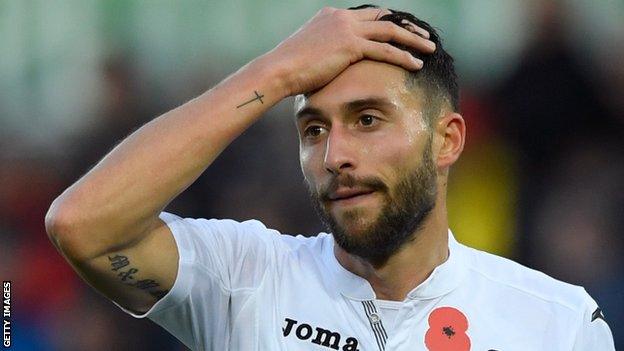
Spanish striker Borja Baston joined Swansea from Atletico Madrid for £15m in August and has one Premier League goal in seven appearances
On paper, a 3-1 defeat by Manchester United may seem a fairly unremarkable result, but Swansea's most recent loss was indicative of the malaise that has consumed the club this season.
The Swans were abject in every facet of the game, booed by their own fans as they trailed 3-0 after just 33 minutes against a United side who had failed to win their previous four league games.
In only his fourth fixture in charge, Swansea manager Bob Bradley questioned his players' commitment as he reflected on their sixth defeat from seven matches.
"It's a tough spot, there's no two ways about it. We understand very clearly where we are," he said.
"There's no hiding from the situation."
A 10th game without victory left the Swans second from bottom of the Premier League table and contemplating the stark prospect of relegation.
This squad is arguably Swansea's weakest since they were in the Championship, with an underwhelming summer transfer window failing to compensate for the departures of former captain Ashley Williams and forward Andre Ayew.
Although their sales were worth a combined £32m, Williams has yet to be replaced properly in central defence and new strikers Fernando Llorente and Borja Baston - the latter arriving for a club-record £15m - have struggled to make much of an impression.
Since Kenny Jackett's appointment when the club was in League Two in 2004, Swansea have evolved and improved almost every year.
This season, however, they have stagnated and are in danger of a first relegation since 2001.
Turmoil off the pitch

Jason Levien (left) is managing general partner of Major League Soccer side DC United, while Steve Kaplan is principal of Oaktree Capital investment fund
The defeat by Manchester United was significant not only because of events on the pitch, but because of the antipathy brewing in the stands.
Cries of "we want our club back" were heard at the Liberty Stadium, as fans directed their fury towards the club's new American owners, Jason Levien and Steve Kaplan, and the directors from whom they had bought their controlling stake of 68% of shares in the club in July.
Chairman Huw Jenkins - who made more than £8m by selling 8.2% of his 13.2% stake - was singled out for criticism, having previously been praised as the driving force of Swansea's recent rise.
He led the consortium that saved the club, then in the fourth tier, from financial ruin in 2002 but, along with vice-chairman Leigh Dineen and fellow directors such as Martin Morgan, Jenkins is now facing the wrath of the fans who believe their saviours are acting in self-interest.
The Supporters' Trust raised concerns about the takeover, claiming it was not consulted on some decisions, one of which - the final call on Bradley's appointment - prompted an apology from Levien and Kaplan.
Even the Trust, however, has not been without its problems, with the supporters' body also apologising for failing to disclose the payments made to its former representative on the board, Huw Cooze.
The unrest off the field has been particularly striking because it is in such startling contrast to the communal spirit and continuity with which the club has been run in recent years.
Managerial changes
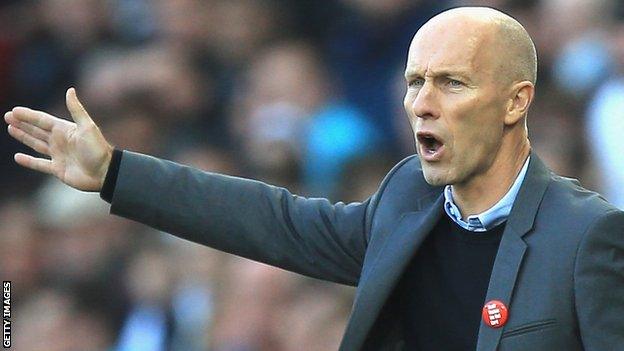
Bob Bradley is a former manager of the United States and Egypt among others. He is the first American to manage in the Premier League.
Whereas the discord at board level may be out of character, Swansea are no strangers to regular managerial upheaval.
There were four managers between 2007 and 2014: Roberto Martinez, Paulo Sousa, Brendan Rodgers and Michael Laudrup.
A steady and largely smooth succession, these changes were the result of successful tenures - Martinez jumped up to the Premier League with Wigan, Sousa joined Leicester and Rodgers moved to Liverpool, prompting Laudrup's arrival.
The Dane enjoyed unprecedented success in his first season - winning the League Cup, the club's first major trophy, and qualifying for the Europa League - but his sacking in February 2014 sparked a period of instability.
Whereas previous managers left of their own accord and bequeathed teams on the up, Swansea were now faced with the challenge of arresting a slump.
Garry Monk prospered initially but, since Laudrup's departure, the Swans have had four managers in less than three years.
After Alan Curtis' short stint as caretaker and Francesco Guidolin's nine months at the helm, current boss Bradley was thrust into a daunting scenario with Swansea 17th in the table.
The first American to take charge of a Premier League side, the 58-year-old recognised he faced a "huge" job to save his new club from relegation.
It has been a chastening start to Bradley's reign and, after four games, he is still searching for his first win.
After flickers of improvement in his first two matches against Arsenal and Watford, Swansea were comprehensively outplayed at Stoke and then utterly humiliated at home by Manchester United.
Bradley has chopped and changed tactically and in terms of personnel, but the Premier League is an unforgiving environment for a manager trying to familiarise himself with a new squad and a new competition.
With a difficult match away against Everton - and a reunion with former captain Williams - to come on Saturday, it may be some time before Swansea can rouse themselves from their current predicament.
- Published16 November 2016
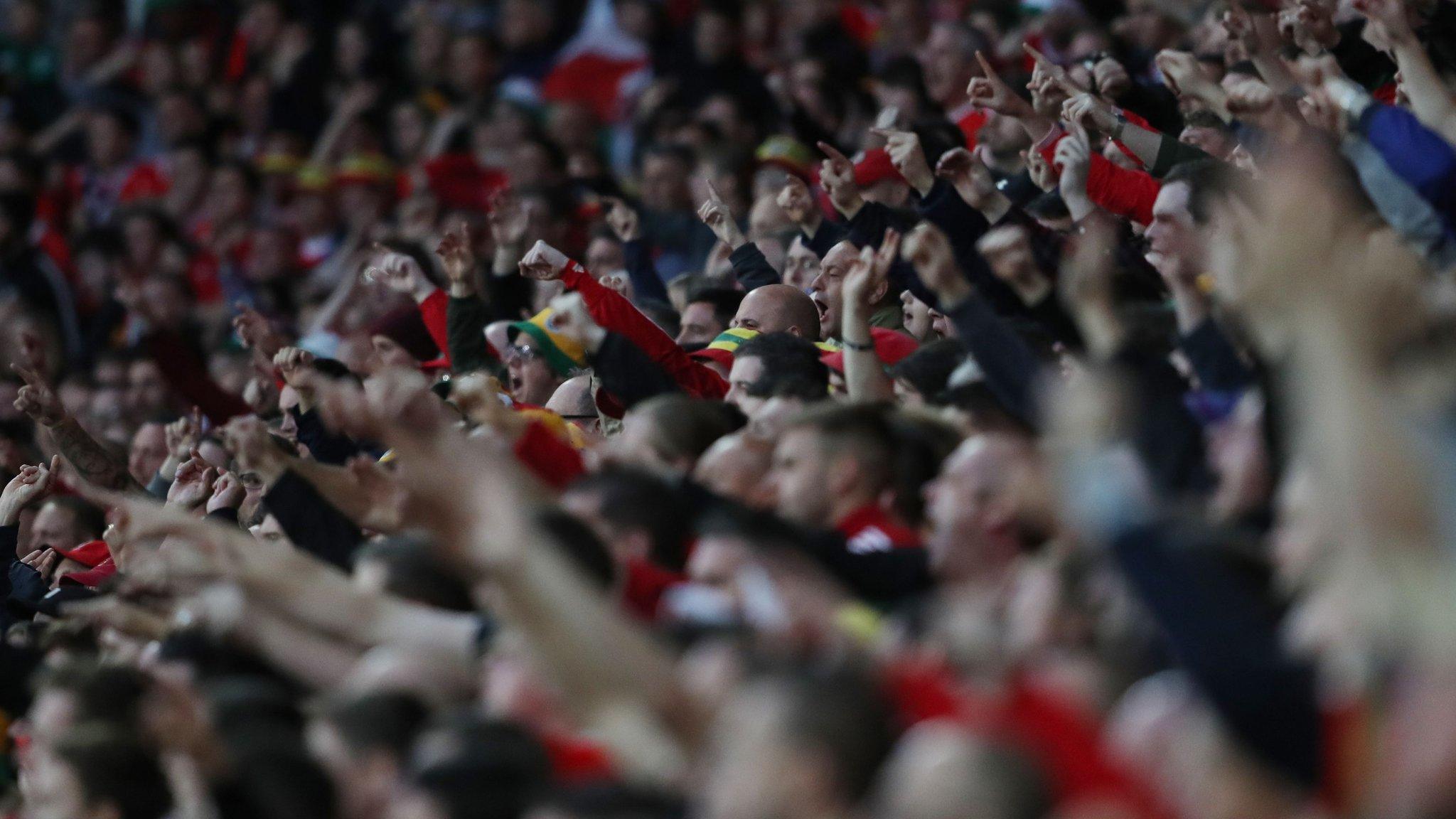
- Published17 November 2016

- Published17 November 2016
